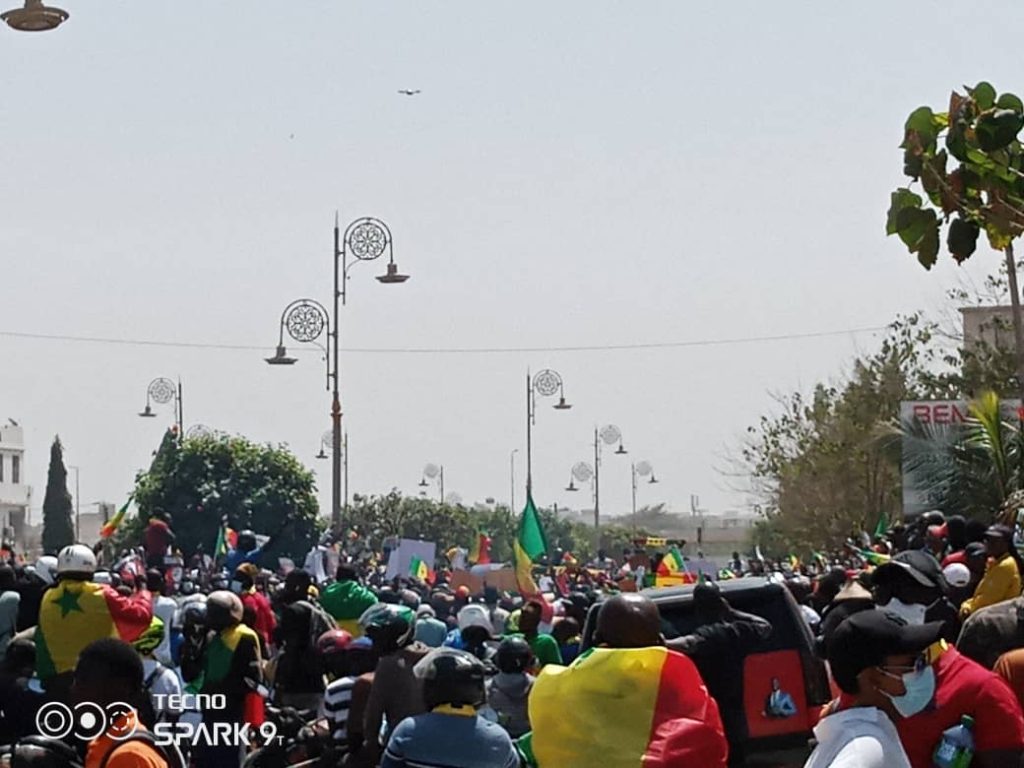Senegal’s Democratic Dilemma: Navigating a Turbulent Electoral Landscape
Amidst Senegal’s reputation as one of West Africa’s robust democracies, recent events have stirred concern. Traditionally, the country has upheld democratic principles, including the smooth transition of power through presidential elections. However, in 2024, the proposed postponement of the presidential elections scheduled for February 25th has sparked unprecedented controversy. This departure from Senegal’s historical adherence to its republican calendar has prompted civil unrest, resulting in tragic casualties and damage to public infrastructure.
Fortunately, the constitutional council has rejected the law proposing the postponement of the election and has urged the government to conduct the elections within the stipulated timeframe. This responsible decision has safeguarded Senegal’s democracy; however, the persistent delays in holding elections continue to breed uncertainty among citizens, dampening the country’s economic growth prospects.
The impacts of the 2024 budget implementation
The approval of the 2024 budget at the Senegalese National Assembly on December 15, 2023, marks a significant milestone, with the current president overseeing a four-month budget period for the first time, setting a precedent for future administrations. However, ongoing unrest, riots, and strikes across various sectors have taken a toll on the Senegalese economy. The tourism industry, a vital economic pillar, has been particularly vulnerable amidst the frequent disruptions and the uncertainty surrounding the electoral process. With no fixed election date yet, investors both domestically and internationally are exercising caution, awaiting clarity before committing to investments in Senegal.
The Ministry of Finance and Budget disclosed a budgetary allocation of CFAF 303.8 billion for 2024, comprising both budgetary and capital grants, underscoring Senegal’s commitment to fiscal responsibility and democratic governance. Leveraging its reputation as a peaceful nation that upholds democratic principles, Senegal has attracted significant international support. However, recent criticisms from international entities such as the EU and USA regarding the government’s election postponement decision have raised concerns about Senegal’s political stability. Given that the country’s external revenues hinge on maintaining stability, the forthcoming presidential elections carry significant weight in determining Senegal’s economic trajectory and international standing.
What next for the newly elected president ?
In addition to fostering reconciliation between the Senegalese population and their leaders, the newly elected president of Senegal will face numerous economic challenges. These include addressing youth unemployment, enhancing budget transparency and accountability, improving healthcare services in rural areas, ensuring access to clean water, advancing education, and protecting the environment. The current budget policy, based on the Senegal Emerging Plan (SEP), prioritizes sectors such as:
- Transport infrastructure and services
- Energy infrastructure and services
- Agriculture and agri-food
- Water and sanitation;
- Education and training;
- Health and social protection;
- Local governance and security.
As specialists, economists, and organizations involved in budgeting await the president’s decision on whether to maintain the SEP or devise a new plan, the future direction of Senegal’s economic policies remains uncertain.
Let’s wait and see!
